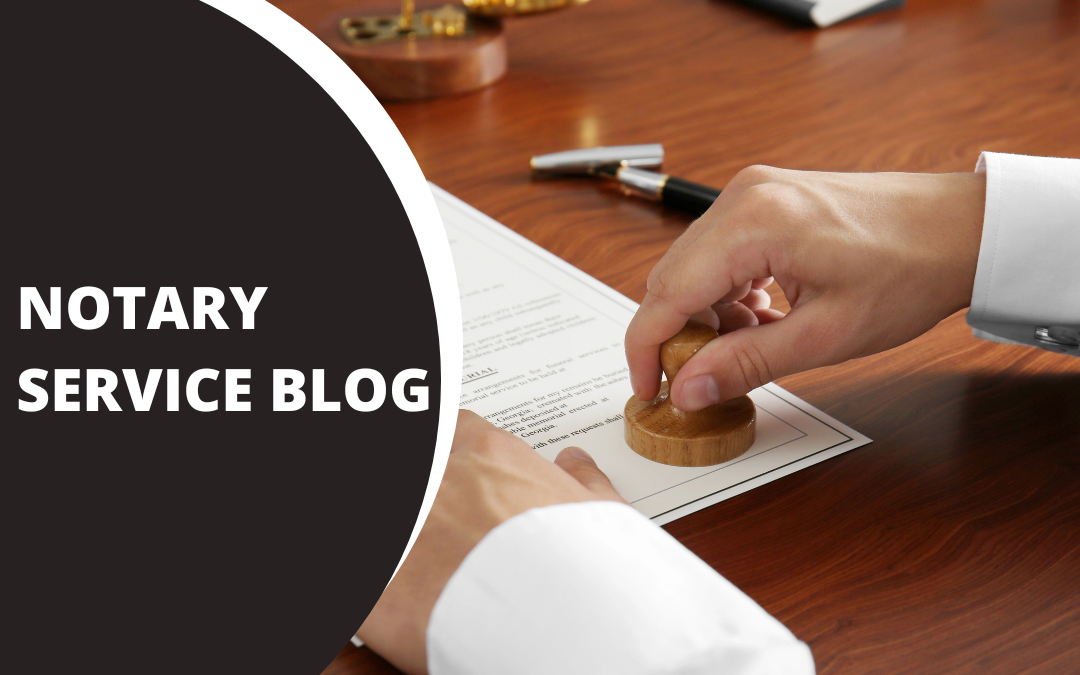
Frequently Asked Questions (FAQs) About Notary Services
What is a Notary Public in Canada?
A Notary Public is an individual authorized by law to perform certain legal formalities, particularly the witnessing of signatures, administering oaths, and certifying documents. Notaries help ensure that legal documents are executed correctly and can act as impartial witnesses in various transactions. Their role varies by province, but generally, they are responsible for preventing fraud by verifying the identity of signers and ensuring their understanding of the documents they are signing.
Notaries also provide services such as certifying copies of documents, providing acknowledgments, and facilitating the signing of affidavits. In Canada, notaries can be lawyers or individuals specifically appointed to perform notarial acts, depending on provincial regulations.
How Do I Find a Notary Public in Canada?
Finding a Notary Public can be straightforward. You can start by searching online directories or local legal service websites. Many law firms offer notarial services, and some offer mobile notary services for added convenience. Local community centers, banks, and post offices may also provide notary services or can refer you to a trusted professional.
Additionally, provincial or territorial law societies maintain directories of licensed lawyers and notaries. When selecting a notary, check for credentials and reviews to ensure reliability and professionalism. Remember to inquire about fees, as costs can vary based on location and the complexity of the services provided.
What Documents Can a Notary Public Certify?
Do I Need an Appointment for Notary Services?
Can a Notary Public Provide Legal Advice?
What Identification Do I Need to Bring?
What is the Difference Between a Notary Public and a Commissioner of Oaths?
Can a Notary Public Witness a Signature Remotely?
These articles are for general informational purposes only and are not legal advice. Contact us today to discuss your specific situation.
